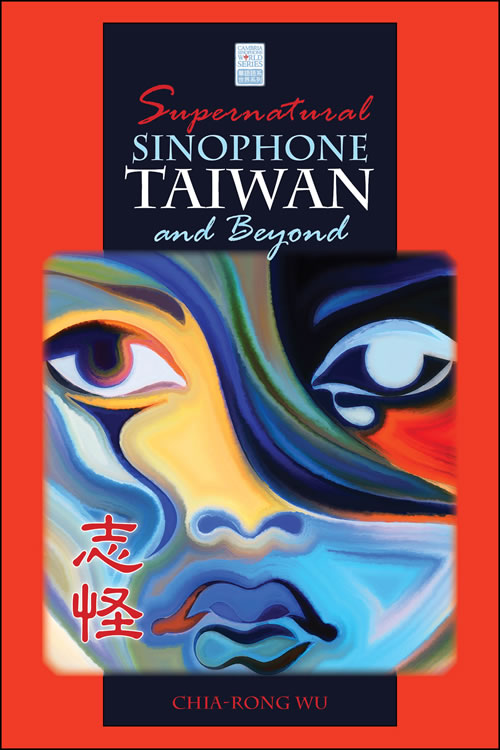Celebrating Taiwan, home to some of the richest Sinophone literature in the world
Today on Taiwan’s National Day, we celebrate this important, vibrant island, which has given us—as Jonathan Stalling aptly puts it in Contemporary Taiwanese Women Writers—”some of the richest Sinophone literature in the world.” Stalling elaborates that “unfixed, vibrant, and deeply engaged with a sense of place, Taiwanese writers—from the experimental poetry pioneer Hsia Yu to younger multimedia poets like Ye Mimi to powerhouse authors like Li Ang and Chu T’ien-wen—are continually pushing the boundaries of the possible and unlocking new directions for Sinophone literature in the twenty-first century.”

Taiwan’s literary history is just as unique, as seen in Chia-rong Wu’s fascinating study, Supernatural Sinophone Taiwan and Beyond, which explores “the discourse of the supernatural and beyond in response to the historical overview of Sinophone Taiwan.” Wu explores the zhiguai 志怪 genre and shows us how “ghost haunting may be allegorically associated with the historical, political, cultural, and even sexual dimensions of the world of the living.”

In showcasing the world of the living in Taiwan, Hou Hsiao-hsien is “considered by many cinema aficionados to be one of the most innovative, provocative, and enthralling directors,” as Christopher Lupke notes in The Sinophone Cinema of Hou Hsiao-hsien and further remarks that “linguistically and culturally speaking Hou Hsiao-hsien necessarily dwells in contested terrain, in the political penumbra between state and region, between national culture and transnational identity.”

Supernatural Sinophone Taiwan and Beyond and The Sinophone Cinema of Hou Hsiao-hsien are part of the Cambria Sinophone World Series, headed by Professor Victor Mair (University of Pennsylvania).

